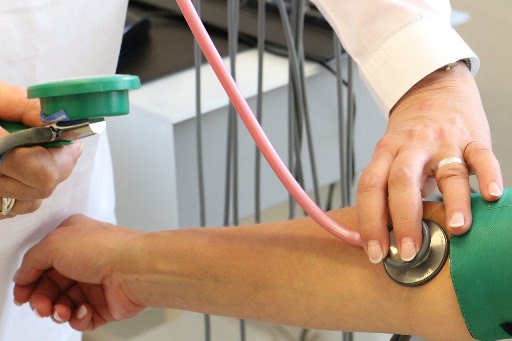The term HbA1c refers to glycated haemoglobin or glycohemoglobin is a term commonly used in relation to diabetes. The HbA1c is a diagnostic test to know the average level of blood sugar attached to haemoglobin over the past 2 to 3 months. HbA1c refers to glucose and haemoglobin joined together, it is also referred to as haemoglobin A1c or simply A1c.
HB is haemoglobin, a protein in your red blood cells that carries oxygen to your body’s organs and tissues, and transports carbon dioxide from your organs and tissues back to your lungs.
A1c is monitored primarily to determine the three-month average blood sugar level and can be used as a diagnostic test for diabetes mellitus and as an assessment test for glycemic control in people suffering from diabetes.
This is why A1C tests are now being used for diagnosis and screening of prediabetes and diabetes. Because it does not require fasting, the test can be given at any time as part of an overall blood screening.
Generally, people who are not suffering from diabetes have the haemoglobin A1c level ranging between 4% and 5.6%.
The higher the HbA1c, the greater the risk of diabetes, which may lead to other complications causing serious and chronic health problems namely heart disease, kidney disease and nerve damage. The HbA1c target for people with diabetes to aim for 48 mmol/mol (6.5%).
Low haemoglobin A1c (<4.0%) is associated with an increased risk of all-cause mortality. The possible causes of the cases with abnormally low HbA1c can be extreme diet control of the patient and excessive use of antidiabetic drugs.
To measure a person’s HbA1c level, a blood sample is taken from the patient’s arm and for children, a single droplet of blood may only be required to find out how much haemoglobin A1c is present. By measuring glycated haemoglobin (HbA1c), clinicians can get an overall picture of what our average blood sugar levels have been over a period of weeks/months. Because it does not require fasting, the test can be given at any time as part of an overall blood screening. Testing your HBA1C level every 3 months is the best way for you and your doctor to understand how well your blood sugar levels are controlled. If you have not previously been diagnosed with diabetes, an HbA1c of 6.5% or more can indicate that you do have diabetes. You should discuss the results with your doctor to see what they mean in your particular situation.





























